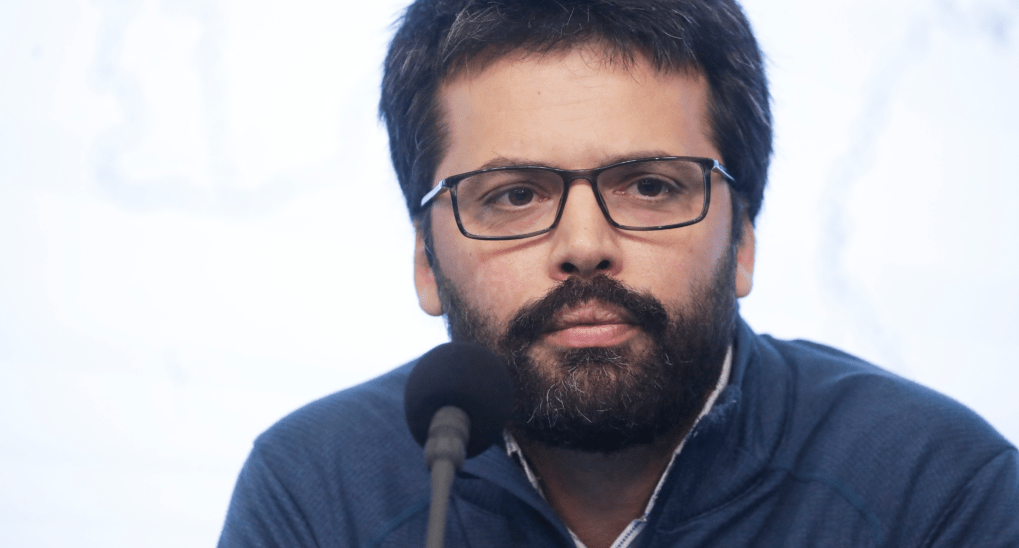For weeks he was one of the faces of the coronavirus pandemic in Belgium. As one of the two spokespersons of the national crisis centre, Emmanuel André was visible every day at the press conference to announce the latest figures for the epidemic, along with Professor Steven Van Gucht.
Then he stepped down from that job to head the country’s contact-tracing operation. So far, that operation has suffered teething troubles, not least on the question of privacy. But André is confident, he said in an interview with Knack magazine, that those can be ironed out in good time.
The strategy of contact research is not new to Covid-19. It is an established tactic in dealing with any infectious outbreak: test-trace-isolate.
A person with Covid-19 symptoms is tested. If they prove positive, they are isolated, and information is gathered on people they have been in contact with. Those people are traced and tested in turn. And the cycle continues as their contacts are traced.
But the contacts also have to self-isolate, even if they test negative, André explains.
“Even if an initial test is negative, that person will still have to be quarantined. They may be in the incubation period, during which the virus cannot yet be detected. That period lasts less than a week in most cases, but it is not uncommon for it to last about ten days. Only after that, and a second test, can we say with more certainty that someone is not infected.”
The fact of having to give up one’s contacts is considered to be a possible barrier to reporting. People may feel reluctant to be tested even if they have symptoms, because of the repercussions for those they have been in contact with – even if the contact was perfectly innocent. And delay in taking action means more people are likely to be infected.
The European Commission has published a toolbox on digital contact tracing and considers it to be more effective than manual tracing but it applies only for voluntarily use.
One of the major barriers to the functioning of the tracing system is public confidence. Belgians tell survey after survey that their confidence in the government is low, and every time there is a hiccup (such as last weekend’s communications over travel to neighbouring countries) confidence takes another dip.
“The government's reputation does not work in our favour, it's true,” he said. “However, the current circumstances do not make it easy to count on the full cooperation of the population. We've had a two-month lockdown. It is not entirely incomprehensible that at such a time people are not eager to point out a friend or family member. The thought of requiring them to be quarantined for up to two weeks is not a pleasant one.”
According to Prof Van Gunst, people who had been in touch with the contact centre gave on average only one name of a contact, when the true figure is almost certain to be higher. That, however, is improving.
“That figure has also risen sharply in recent weeks,” André said. “We now have about three contacts per call. This positive development is also due to the experience and professionalisation of the staff in the call centres. It was no big surprise that it wouldn't work from day one. Experts who have been doing this for years, for example to trace tuberculosis infections, will agree that a start-up always takes time.”
The privacy question is still to be resolved, and it will probably take legislation to make the system both effective and protective of people’s information.
“I understand: the royal decree that allows us to conduct contact research is certainly not perfect. It is up to parliament to improve it, preferably as soon as possible. If parliament says contact tracing is not possible due to excessive privacy risks, we will stop.”
As far as stopping, André sees a limited future in this sector for himself.
“I always want to put my energy into what I find most important. I will stay here until the system is stable. Leaving now would be too early. A number of things still need to be improved. But I will not stay here in the longer term. I am a doctor and a microbiologist, not a system manager. My next step will be toward my true passion.”
Alan Hope
The Brussels Times

